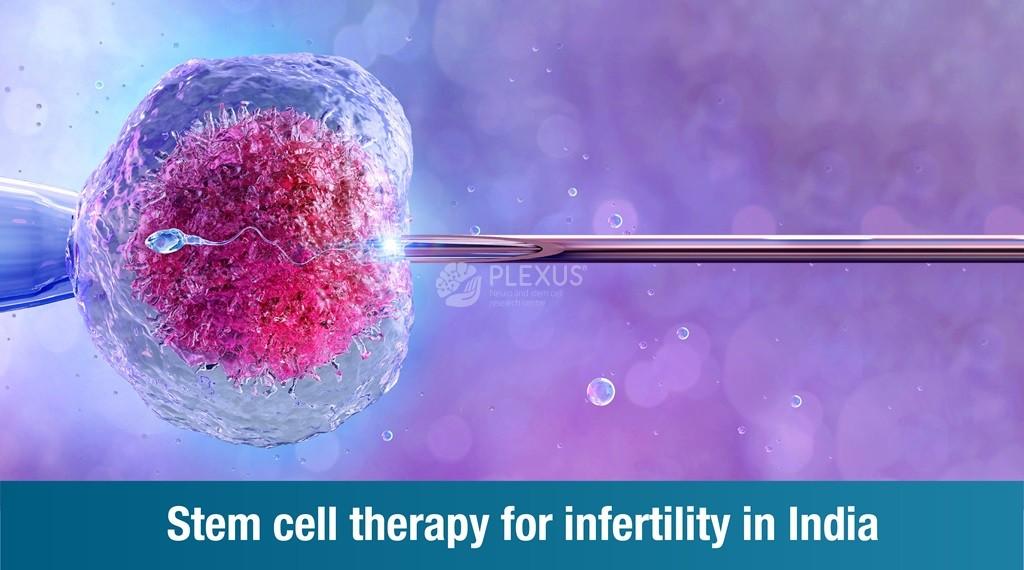
Infertility is a condition that is so difficult to cope with, that no matter how many people are affected by it around the world, each one has a struggle that only they have been through. For many, it becomes more of an emotional hurdle, especially when those around them are already raising children. From fertility medications, sperm and egg collection, and insemination to embryo culture, grading, transfer, and the Beta hCG Test – the rainbow of IVF treatments is full of hope.
In India, infertility is a subject that is taboo, with an extremely one-sided narrative. At Plexus Bangalore and Hyderabad, we offer advanced cell therapy for couples struggling with infertility in males and females.
What is Infertility?
Infertility is defined as the inability to conceive after a year of unprotected (and regular) intercourse. It can be caused by various factors, such as hormonal imbalances, structural abnormalities, genetic issues, or lifestyle factors. However, it is important to keep in mind that infertility is a condition that affects both males and females. According to the Indian Society of Assisted Reproduction (ISAR), infertility impacts nearly 10-14% of Indian couples.
Cell Therapy for Infertility in India
Up until a decade ago, conventional treatments such as in vitro fertilization (IVF) was a ray of hope for many couples. Today, cell therapy offers these couples yet another ray of hope and takes them closer to conceiving their rainbow baby.
The potential of mesenchymal Cells (MSCs) to differentiate into various cell types plays a key role in cell therapy for male and female infertility.
Let’s take a closer look at cell therapy for female and male infertility.
Cell Therapy for Male Infertility
Male infertility is a result of factors such as poor sperm motility, low sperm count, abnormal sperm morphology, and sperm production/maturation issues. Some of the main contributors to these factors include hormonal imbalances, smoking, excessive alcohol consumption, family history, infections, and testicular trauma.
By injecting MSCs directly into the testes, we aim to promote tissue regeneration and improve sperm production. This is one of the most efficient methods to address the root causes of male infertility, and has longer-lasting effects compared to conventional treatments.
Cell Therapy for Female Infertility
Female infertility is often the result of factors such as ovarian dysfunction (e.g. polycystic ovary syndrome, PCOS), tubal blockages, or uterine abnormalities. Some of the main contributors of these factors include age-related decline in egg quality, endometriosis, stress, smoking, and certain medical conditions.
In cases where the ovaries have a reduced number of viable eggs, regenartive cells are injected into the ovaries to stimulate the production of new and healthy eggs. This mechanism can potentially enhance fertility.
Thin endometrial lining is a common obstacle in IVF procedures. Injected cells may address thin endometrial lining and other uterine issues that impact fertility. These cells promote the growth of healthy endometrial tissue, and effectively improve the chances of a successful pregnancy.
Cell Therapy in IVF
Combining cell therapy with IVF is a symbiotic approach that can enhance the effectiveness of both treatments.
One approach is to use cells to improve the quality of eggs and sperm before fertilization. Couples with advanced maternal or paternal age, where the quality of gametes may be compromised, can really benefit from this type of approach.
The other approach involves using cells to address uterine issues and create a more favorable environment for embryo implantation.
At Plexus, we believe that along with established treatments like IVF, cell therapy can improve chances of conceiving.
FAQs
Can cell therapy cure infertility?
Cell therapy may help address some causes of infertility by promoting tissue regeneration. Having said that, it is not yet a definitive cure for all infertility cases.
Can mesenchymal cells regrow ovaries?
Research suggests that mesenchymal cells may have the potential to stimulate ovarian regeneration.
Is cell therapy a permanent fix?
No, cell therapy cannot be considered as a permanent or guaranteed fix for infertility. What cell therapy offers is a chance at overcoming fertility issues and conceiving a child.
What age is too late for IVF?
The success of in vitro fertilization (IVF) is typically determined by age. Although there is no strict age limit for IVF, success rates may decrease with advancing maternal age. However, this is subjective as individual factors such as overall health and egg quality also determine the chances of success.










